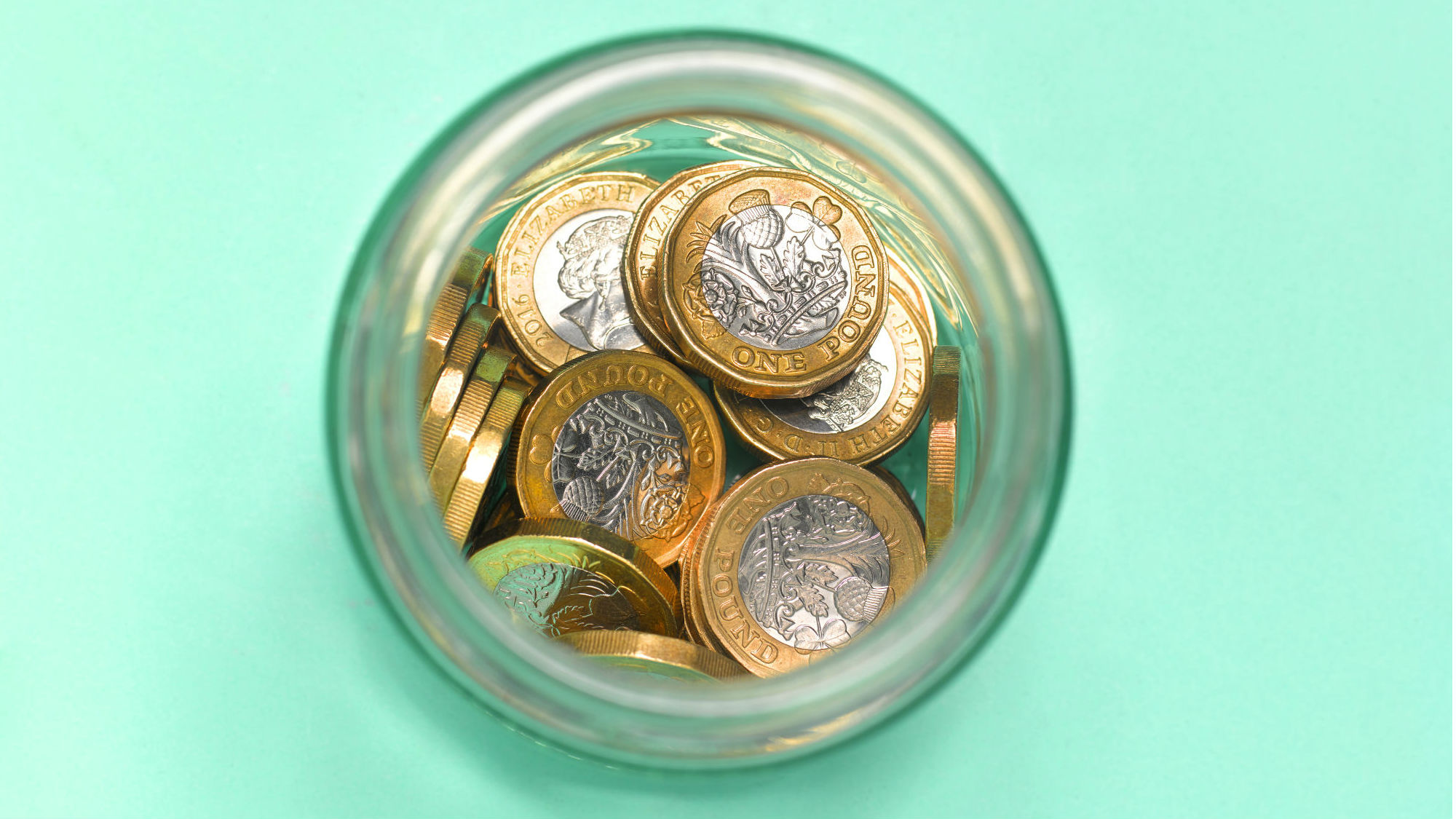Women, young workers and low-paid will be financially worst hit by coronavirus
A study has revealed the groups who will suffer most financially from the crisis and reveals what ministers can do to help

A study has revealed the groups who will suffer most financially from the crisis and reveals what ministers can do to help
The impact of coronavirus on the economy is devastating for people all across the globe, but a study has revealed how young workers, the worst-paid and women will be most affected economically.
Why? Put simply, a large concentration of those groups are employed in sectors that have shut down, such as restaurants, shops, hotels and retailers, and even after the economy reopens, those workers may still find themselves in dire straits (the United Nations projects 'a prolonged dip in women’s incomes and labour force participation' because of Covid-19).
Women also tend to take on the bulk of unpaid family care at home, a burden that has become even more all-consuming amid physical distancing and self-isolation. Worse, the critical resources women need to stay well – reproductive health services, maternal care – may fall by the wayside as the world’s hospitals go into crisis mode. That, in turn, could lead to more maternal mortalities, young pregnancies and sexually transmitted diseases, according to a recent UN policy brief.
The UK's confidence in the economy has fallen to its lowest in 12 years - the last time such a decline happened was during the 2008 economic downturn. While low earners are seven times as likely as high earners to work in a business sector that has shut down, one in six female employees worked for businesses hit by the lockdown, compared with one in seven of their male counterparts.
Another worry for women is facing domestic abuse at home. Refuge - the UK’s largest domestic abuse charity - says calls for help have risen by 25 per cent since lockdown measures began on March 26. This means women and children facing domestic violence at home are potentially at risk of life-threatening risks situations and the pandemic threatens access to reproductive health care.
Interestingly, Nahla Valji, the UN’s senior gender adviser to the executive office of the secretary general, told the Guardian, 'If there were more female leaders, the world might have been able to anticipate some of the crises it is facing now, such as an increase in violence against women.
Celebrity news, beauty, fashion advice, and fascinating features, delivered straight to your inbox!
'The fact that we do not have women in leadership roles decision-making on the response to this pandemic means that we are missing huge pieces of information, of experience. And that affects everybody.'
She concluded, ‘There is no single society where we’ve achieved equality between men and women, and so this pandemic is being layered on top of existing inequalities.'
Olivia – who rebranded as Liv a few years ago – is a freelance digital writer at Marie Claire UK. She recently swapped guaranteed sunshine and a tax-free salary in Dubai for London’s constant cloud and overpriced public transport. During her time in the Middle East, Olivia worked for international titles including Cosmopolitan, HELLO! and Grazia. She transitioned from celebrity weekly magazine new! in London, where she worked as the publication’s Fitness & Food editor. Unsurprisingly, she likes fitness and food, and also enjoys hoarding beauty products and recycling.